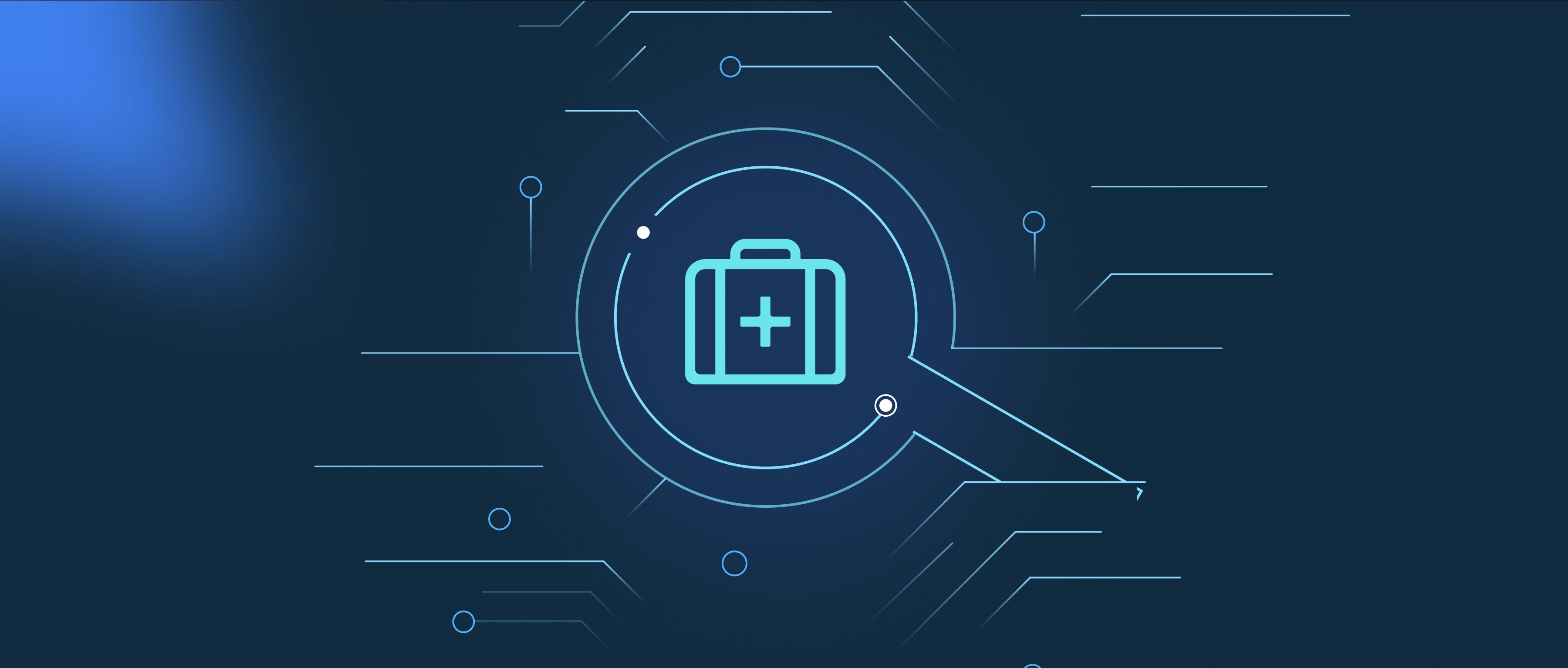Retrieval-Augmented Generation (RAG) is an approach in NLP that combines retrieval-based methods with generative models to improve output accuracy and relevance. In RAG, a retriever component fetches relevant documents or context from a database, and a generator uses this information to create responses. This ensures the model generates factually grounded outputs, reducing hallucinations often seen in purely generative models.
For example, in a question-answering system, RAG retrieves supporting documents related to the query and generates an answer based on the retrieved content. OpenAI’s ChatGPT and Google’s Bard are examples of systems that benefit from retrieval-augmented approaches.
RAG is widely applied in knowledge-intensive tasks like customer support, research assistance, and legal document analysis. It leverages models like Dense Passage Retrieval (DPR) for retrieval and transformer-based models like BERT or GPT for generation. This hybrid approach improves efficiency, reliability, and scalability in complex NLP applications.
